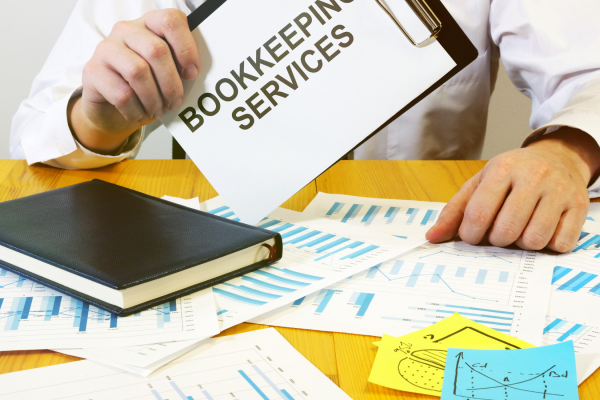Financial surprises and emergencies can leave even the most organized budgeter somewhat stressed and unsure where to turn. Whether you’ve recently experienced a crisis that’s left you out of pocket or you’re just proactively looking ahead, read on for a few helpful ways to handle a financial emergency in the future. These tips will help alleviate stress and allow you to move past your predicament easily.
Table of Contents
1. Consider a Line of Credit
A line of credit can be a solid fallback plan in an emergency if you don’t have room on your credit card. Here, you can borrow consistently up to a set limit. So long as you effectively manage it by understanding the fees, charges and interest rates and paying off what you use, a line of credit can indeed allay stress.
In an emergency, look for an online lender that will let you fill in an application and apply on the spot. This will help with your frazzled nerves as you’ll know if you’ve qualified with little delay.
2. Inquire About Payment Plans
Whether your fridge has packed in on Thanksgiving eve, or your pet needs urgent x-rays, chat with the service provider (whether it’s the appliance company, the veterinarian or otherwise) to see if they offer payment plan options.
Whatever route you opt for, just be sure to cross-check interest levels until you find the most financially comfortable option.
3. Sell an Unnecessary Asset
This isn’t to say you should dash out and pawn your grandmother’s engagement ring, a piece of heirloom furniture, or your favourite guitar. However, if you have a quality bike you don’t use or a branded purse that’s collecting dust, maybe it’s worth parting ways.
Look online to establish the approximate worth of the items you’d like to sell, then take some time to capture quality photos and write detailed descriptions for your marketplace or consignment listings. Doing so will significantly improve your chances of enticing buyers.
4. Chat with Your Employer
If you have a positive, longstanding relationship with your employer that’s in good standing, consider reaching out and asking for a pay advance. And if you work in the service industry, you could always ask for an early payout of your tips.
Be careful here and read the room wisely. You don’t want to tarnish a professional relationship, potentially making things awkward in the future.
5. Create an Emergency Fund
Hindsight is a wonderful thing. If you’d known an emergency was on its way, you’d have put cash aside to cover it.
If you have the financial bandwidth moving forward, set money aside from every paycheck to an emergency fund. It’s recommended that you keep aside an amount that comfortably covers three to six months of your everyday expenses.
Some surprises are fun and exciting — think a surprise party, an unanticipated raise at work or a minor windfall on a spontaneously purchased lotto ticket. But financial surprises are never welcome. By educating yourself on your options and by creating an emergency fund in the meantime, you’ll be able to fight off your next emergency with ease.





